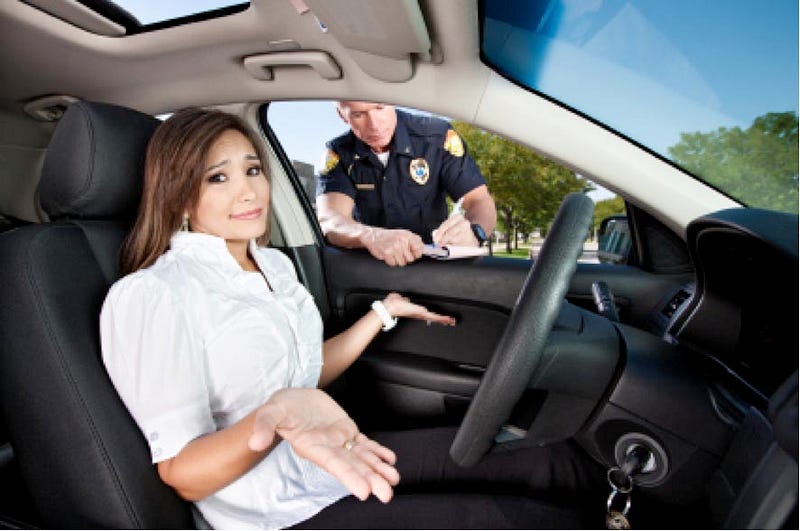
I originally wrote this article in 2010 when I lived in Seattle. Now I live in Pittsburgh and have realized that it’s a whole other ballgame on the east coast when it comes to driving safety. People just don’t seem to care about safety the way they do in Seattle. Stand at a red light in Pittsburgh for five minutes and you are practically guaranteed to see someone run a red light. A few months ago I visited New York and witnessed more traffic crime in nine days than I think I did in 30 years of living in the Pacific Northwest. I’m still adjusting to and trying to process this fact. Either way, my “half” comment below no longer holds true in my mind. The rest of it still does though.
Here is the original article:
I heard on the radio the other day about a group of 40 people who were suing the city, saying that they received unfair tickets given out by the automatic photograph system at red lights. It costs $100 for running a red light, and they felt that it should be closer to $20. The judge, however, felt $100 was not an unfair ticket price.
My first instinct was to side with the judge and if not for my anarchist ideals, I wouldn’t have thought twice about this. People really shouldn’t be running red lights, and $20, which for me represents barely more than half an hour’s work, or even $100 seems like an insignificant sum in exchange for putting people’s lives in danger for someone’s impatience.
My anarchist side, however, sees a couple problems. First is that half of these people, if not more, are not running red lights on purpose. Like most people, they had no intention of doing anything wrong, and would not choose to do it again, with or without the ticket. Accidents happen and people make mistakes. The judge knew this. We all know this. If this weren’t true, we could just raise the price of a ticket to a thousand dollars, maybe throw in a merciless beating from a police officer and we could put an end to people running red lights once and for all. Ultimately, tickets are not intended to promote public safety. They are intended to make a profit.
The other issue is the differences in wages and salaries. The judge is probably paid a good $140,000 a year to pass judgment over the lives of others and act like he knows the difference between right and wrong better than everyone else. $100 is completely fair to him. It’s less than a slap on the wrist. But he forgets — or refuses to admit — that many people do not make $140,000 a year. Just six years ago I would work a full shift, finding myself sticky with sweat, and have barely fifty bucks to show for it. Some people work for that kind of pay and have kids to feed. A $100 loss can cause very real problems for those people. The average judge simply can’t understand that, and sometimes I can’t understand it either, after just a few years of making good wages. Working for a living seems like a whole different world, so I can understand how judges and lawyers can so easily lose all compassion for the difficulties that normal people face. This is just one of many reasons I believe the core concepts of criminal justice and tickets are inherently unfair.
